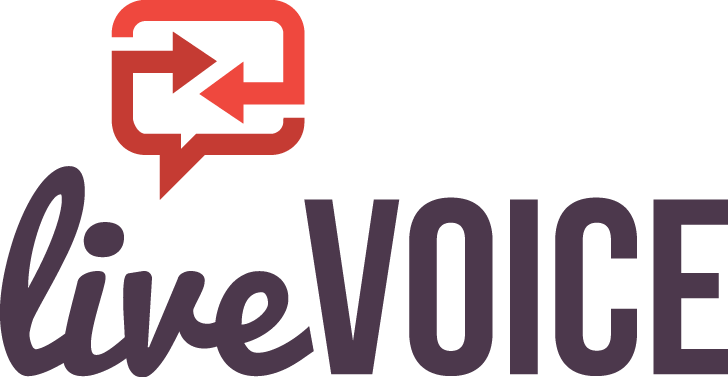Category: Lead Response
3 Tips for Online Lead Response Success
Companies need to update legacy sales techniques to fit our digitally connected world, starting with lead follow up
In the post “Adopt an Online Lead Response Mentality,” we reported that within the next couple of years digital marketing will outpace TV advertising. The result of this shift will be more and more leads generated online. Unfortunately, too many sales departments at too many companies are stuck in the past, when leads came in by phone and snail mail. The expectations of the buying public were much different then. Consumer patience was higher. Inaction was tolerated, as people would actually give nonresponding companies a second chance—and even a third one.
“My, have times changed,” says Adam Berkson, president of LiveVoice, a foremost provider of lead response services, who has studied the mindset of today’s online consumer and has built a business model around turning their leads into closed sales. “Today people have a short attention span. Their tolerance for lackadaisical salespeople is zero, and their impatience is even worse. Yesterday’s standard operating procedures (SOP) are today’s quickest ways to fail.”
Berkson gives three tips to move lead response into the digital age.
1) Have a Plan:
If your company has a lead follow up process, also called a lead-nurturing plan, than you’re already ahead of a majority of companies, nearly two-thirds of which have no established lead protocol. “Sixty-five percent of companies confess that they have yet to formalize a tactical procedure to turn leads into sales,” Berkson says. “Why even bother to advertise if you lack a specific plan to capitalize on the interest generated?” It’s like throwing money against a wall and hoping sales will pop out.
2) Follow a Schedule:
Berkson recommends a specific, rigid follow up procedure that starts as soon as possible after the lead comes in and continues for at least a year, preferably indefinitely, that is, until the lead says “Yes” or “No.” Any other response (or nonresponse) is a sign to keep pursuing the lead. “The timing of that first contact is critical,” says Berkson. “Don’t be fooled by folks who think ‘same-day contact’ is acceptable.” Even a one-hour response time falls short. “Most people have already moved on by then.” Instead, Berkson leads his team to a new gold standard in lead response: one minute. That’s right. Berkson’s goal is to respond to leads within sixty seconds. “That’s the length of two average TV commercials!” He goes on to note the results of a recent study that showed “the first salesperson to follow up had a 50 percent chance of closing the sale.”
3) Use Multiple Channels:
Make that first contact with the prospect using the method they specify as their preferred contact channel. “But don’t be afraid to use every channel available,” says Mike Novak, chief technology officer at TeleServices Direct, a worldwide provider of outsource call center services. “Calling and leaving voicemail messages only goes so far. Don’t just use the phone, but email them, and send text messages, too.”
Berkson heartily agrees, especially regarding texting. “Many of today’s online consumers place high importance on text messages. While they may take a day or two to reply to an email message or respond to a voicemail—if they bother at all—text messages are a priority for them and often garner a fast response, provided you send them a compelling reason to respond. “In fact, if you can text a prospect within five minutes, the chances of converting the lead to a sale increases almost three hundred fold.”
In conclusion, Berkson says to have a formal follow up process, follow it diligently, and use all available channels. That’s the way to close sales in a digital age that produces online leads. “But key to it all is to respond fast: within sixty seconds—or it might be gone!”
LiveVoice understands how important every call is to your business. Contact them about customizing their flexible, premium phone support service so you can turn opportunity into profit.
Peter DeHaan, PhD, is a freelance writer, call center authority, and publisher of Connections Magazine, which covers the call center industry.



